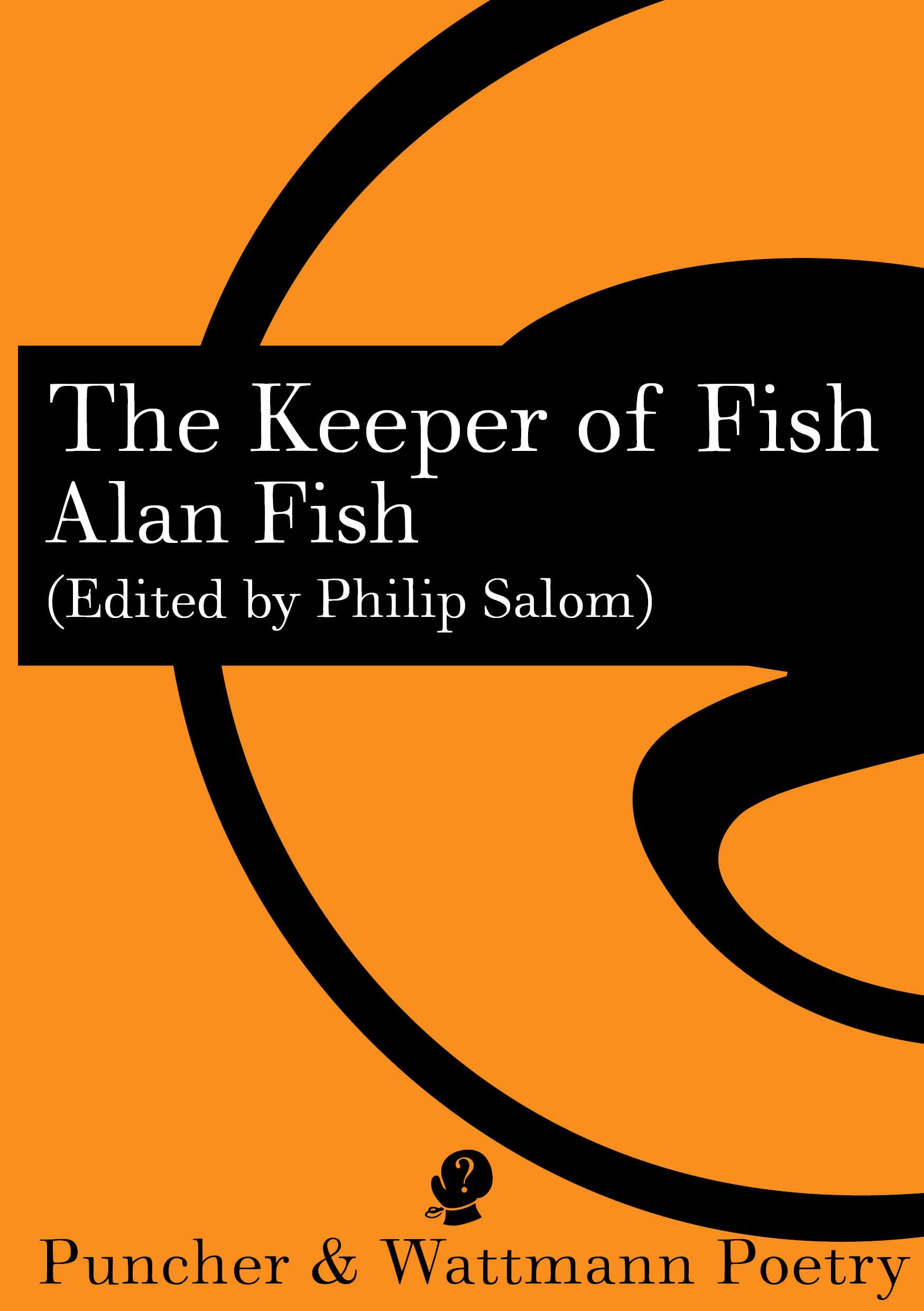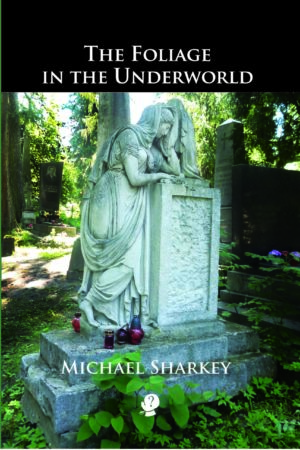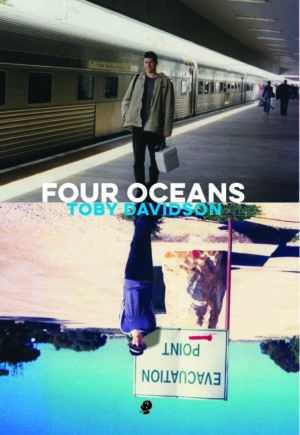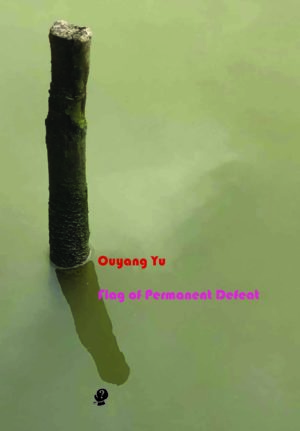Product Description
Alan Fish was writing poetry before his life went dark. He let it collect like a tank of rain-water. His subject matter? Love and death. His poetry is deeply haunted and lyrical in its privacy but also ironically observant and public. After all, he is not only a lover, but a flaneur. He can snap his fingers. He can play Go. There has always been a largely hidden group of closet poets, people who read and write in private. Poetry knows this and addresses them tacitly as its own, but sometimes such a poet says enough, grabs the poems and speaks back. Alan Fish left his basement in the Print Room, left his Keepers behind him and struck out on his own. His work is seriously beautiful, or beautifully serious, in its imagery and shadows; he is in some ways lost, but he is no push-over. He is to one side of the optimists. He is addicted to free verse couplets. As the cliche says: a compelling new voice. Listen.
For most of his life Alan Fish has lived in Melbourne and though he spent several years on a small orchard in rural Victoria he doesn’t go in for the “I have two dogs and live on the coast in a corrugated-iron beach-shack” kind of bio. His poems have appeared in print but he isn’t widely published in journals or on avant garde websites and he hasn’t won numerous literary awards in obscure towns or at small agricultural shows. He does keep fish and realises this sounds silly.
REVIEWS
“Reading The Keeper of Fish is like being initiated into the Japanese game of Go; a game of strategy and territory, using black-and-white stones.” CASSANDRA ATHERTON, Australian Book Review
“Philip Salom is that rare thing in Australian poetry: a true avant-gardist, subverting the ‘lyrical I’ (or perhaps the lyrical narcissist) with Pessoa-like heteronyms who have no time for the niceties of contemporary poetry. Though he keeps a handle on his heteronyms (the ‘offensive’ MA Carter and the ‘love and death’ fixated Alan Fish) by having his own name on the cover as ‘editor’, Salom expands from his own identity as a poet and succeeds in producing two new, different styles and kinds of poetry for each heteronym – which he may not have written as Salom, yet paradoxically are unmistakably his own.” PETRA WHITE, SO LONG BULLETIN of Australian Poetry and Criticism
“Collectively, the poems have a slow forward movement but many are meditative and some even lyrical. The mood varies from the sardonic to the unashamedly romantic in works that, we must remember, were never intended for publication.” GEOFF PAGE, The Australian





